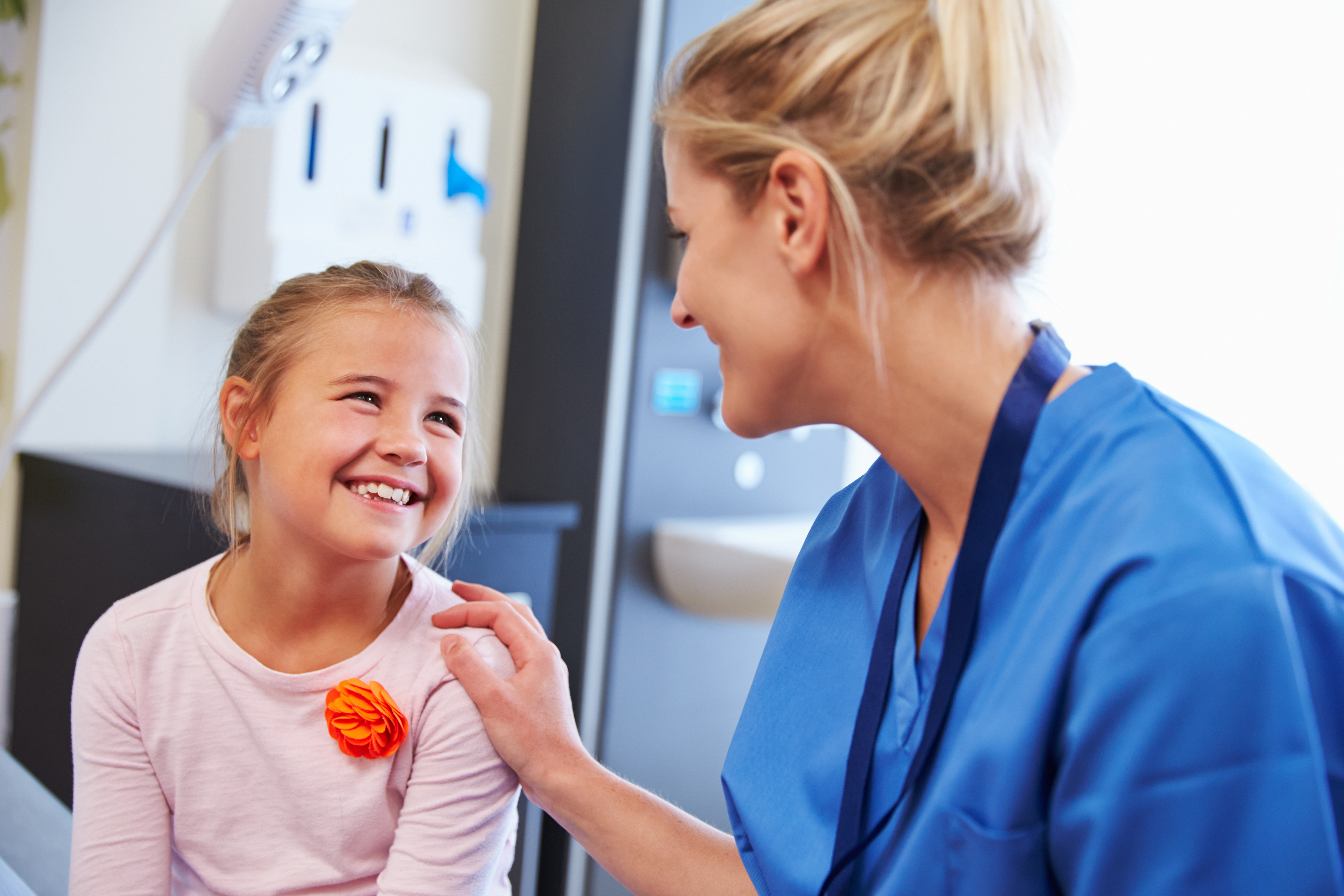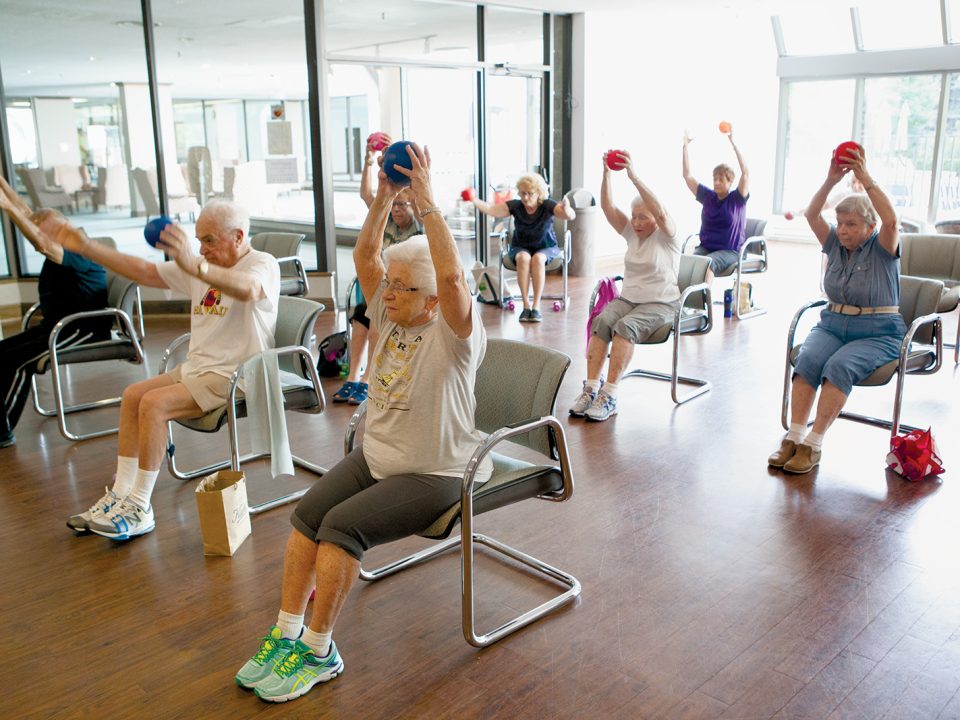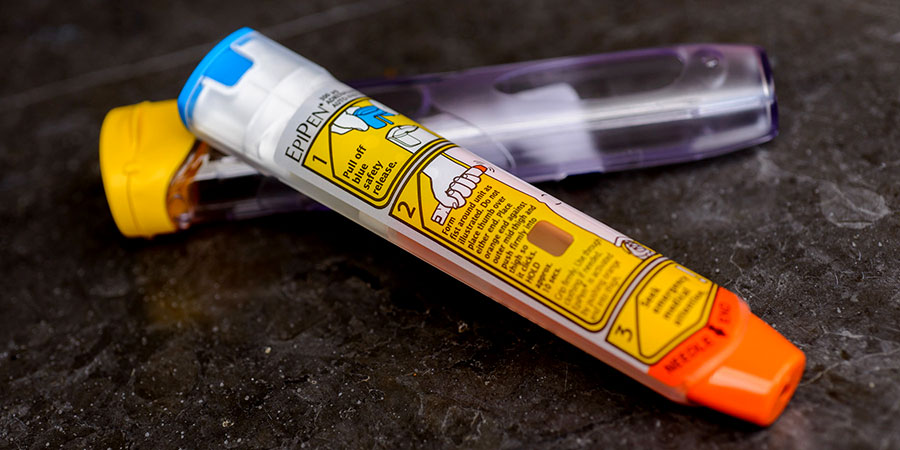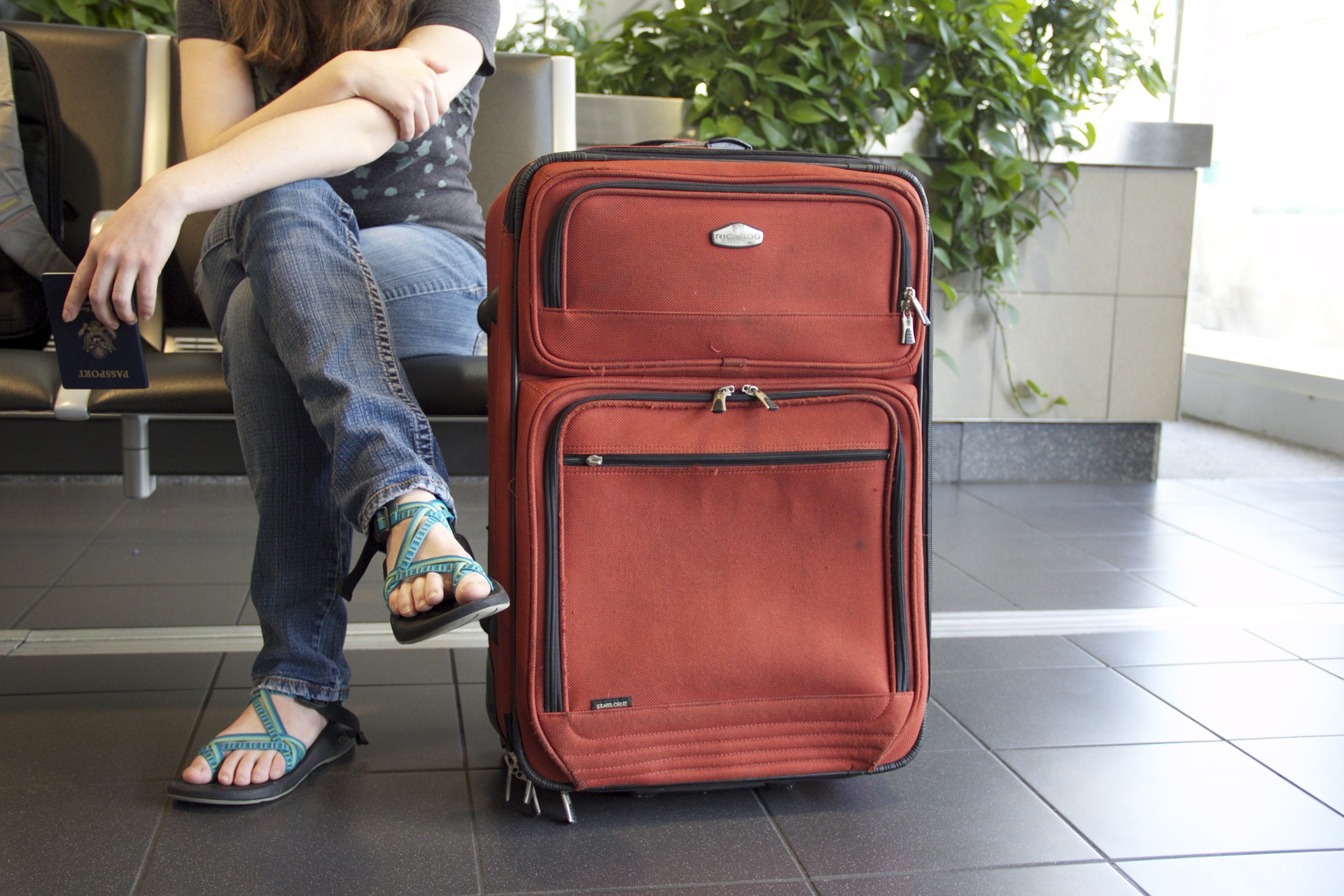No such thing as a typical day in the life of a school-based youth nurse

Girl Being Reassured By Nurse In Hospital Room
No such thing as a typical day in the life of a school-based youth nurse
There is one kind of nurse in Queensland high schools who is responsible for preventing and treating the issues that can follow adolescents out of the classroom and into adulthood.
Introduced in 1998, the Youth Health Nurse Program aims to promote health and wellbeing in high schools.
More than 120 school-based nurses from across the state marked the milestone at a biennial conference at the Queensland Children’s Hospital.
In that time Michelle Clekovic has seen hundreds, possibly thousands, of students from across the state with issues including mental health concerns, poor nutrition and obesity, and matters concerning sexual identity.
“Sometimes young people just need someone to listen in a non-judgmental way,” she said.
The students Ms Clekovic and others help come from culturally and linguistically diverse backgrounds as well as from broken homes.
“Many of us have helped quite a few young women who have been sexually assaulted or abused to become safe again and get help to heal as best they can,” Ms Clekovic said.
“I have been to court with one young woman to give evidence against a man who damaged so many young people in their earlier years … she was brave enough to disclose, speaking up 10 years later.
“I also worked with one young man in Year 12 who had put up with emotional and physical abuse by a stepfather for most of his life, and eventually disclosed this to me once he had got to know me better in lunch breaks.
“Referral to a youth agency got him out of the home, into accommodation and support for him to complete Year 12 … he went on to complete his masters and start his doctorate.”
Fellow nurse Chris Coleborn said there was no such thing as a typical day on the job.
“I can come to work with a plan for the day, and that can go out the window, which is OK, as it’s all about me being a support to the students and working with their teachers and families when needed,” she said.
“It’s a bit hard to describe my job. I guess I’m a trusted adult, a go-to person who can help the students form positive relationships and help guide and support them.”
What nurses want parents to know
In her two decades across several different schools, Ms Clekovic said the issues confronting students had evolved substantially over time.
“I have seen an increase in the complexity in the types of issues for young people, particularly around mental health, family violence and cyberbullying,” she said.
And she wanted parents to know that education didn’t begin in the schoolyard — it started at home.
“Social media has changed parenting as well. In fact, there’s a lot of parents on social media who aren’t spending time with their kids.
“The kids are in their room watching Netflix and texting or on Snapchat while the parents are out there on their computers … families aren’t together anymore.”
But it was not all bad news according to Ms Clekovic, who said her students were more empowered than ever before.
“They are not afraid to say what they think and care about the environment, [and] many want opportunities to change their life trajectories,” she said.
“More young people feel comfortable to identify as same-sex attracted or transgender. [And] while sexual assault and domestic violence rates remain the same, some young people are now more empowered to speak up and name unhealthy relationship behaviours and report assault.”
Meanwhile, the rate of drug and alcohol use has also lowered among people aged 12 to 17, according to the 2017 Australian Secondary School Students Alcohol and Drug Survey.
“While one-third of students have never had alcohol, with the age of first exposure now getting older, it means some of the health messages are getting through,” Ms Clekovic said.
“We will never know just how many pregnancies or sexually transmitted infections the service prevented, or how the young people use the coping strategies we give them at different times in their lives to help them navigate complex issues.”
This article was originally published on ABC Radio Brisbane at www.abc.net.au on 22/9/19 by Rebeka Powell.












